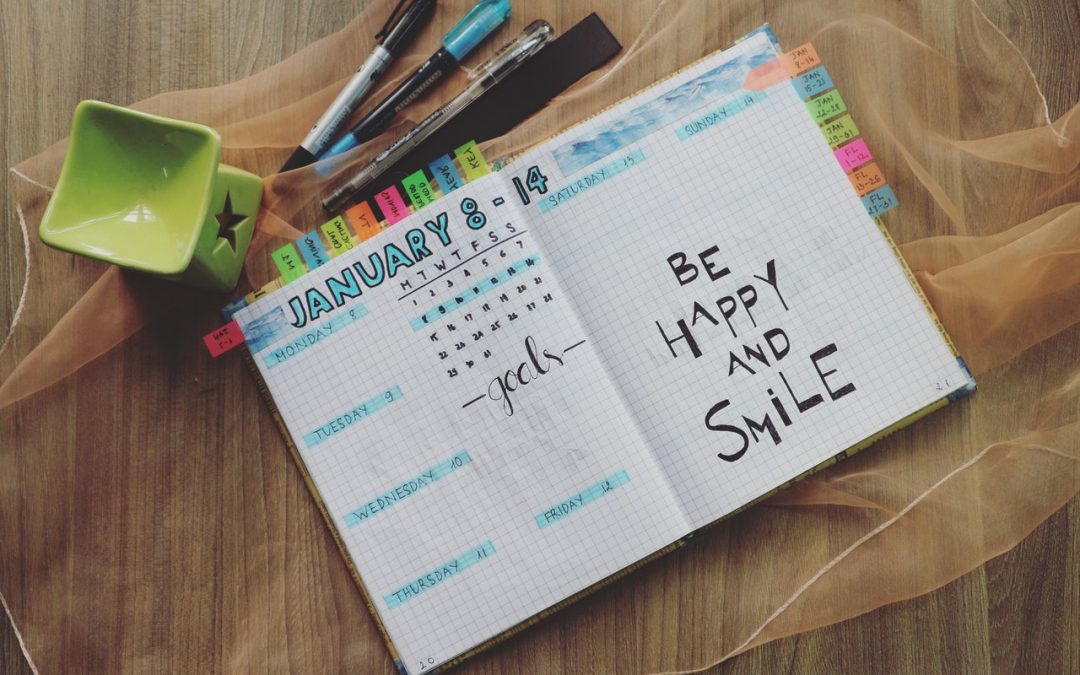Setting goals is one thing. Actually achieving them is a completely different story.
At the start of every year, many people look at ways to improve their health and set themselves some new goals for the year ahead. Unfortunately, many people fall short in achieving those goals they had originally planned, making them feel deflated and unmotivated. But, 2020 doesn’t have to be the same.
When it comes to setting goals in the new year (and achieving them), there are a number of things you can do to improve your success rate.
Find your “why”
It’s not good enough to just say “I’m going to exercise more” or “I will eat better this year”. While you might find a good workout routine or eating plan, you need to discover the true reasons why you want to make these changes. Your goal should relate to a specific goal. If you want to be able to play outdoors with your kids for longer, that may be the right motivation to eat better, get more exercise and maybe lose a few kilos. If you have had a health scare and losing weight will help to reduce the effects of your health issues, this, too, might be a good motivator for you.
Whatever it is you decide on, make sure you have a compelling reason to take on these new health goals.
Think about your obstacles
Are you setting a goal that you set every year? What has been your biggest challenges in the past?
A simple way to fail is to continue with the same processes you’ve done in the past. If you have wanted to exercise but couldn’t afford a gym membership (which lead to forgetting about your exercise goals), why not try some free exercises? Walking in the local area, trying out Youtube tutorials or heading to the beach for a swim? Your fitness goals don’t have to include spending a fortune on memberships. Think about what has been your biggest obstacles in the past and ensure you don’t fall into the same trap this year.
Break down your goals
If your goal is to lose 20kgs and to get to a healthy weight range, it’s time to break down that goal. Losing 20kgs is a huge feat. In fact, thinking about such a long journey can wear you down and make you give up before you’ve even started!
As an example, if you want to lose 20kgs, start with a goal of losing 5kgs. Once you’ve achieved that goal, you might set a new goal for a new 5kgs. Breaking away at your ultimate goal in small, manageable chunks will keep you motivated and help you reach your ultimate goal.
Chat with your doctor
Your health is something that you may want to get some expert advice about. Your doctor should be your first point of contact when thinking about some new health goals. They may be able to suggest a better diet or an introductory exercise regime. They may also be able to check that your methods are healthy and sustainable. When in doubt, speak to your medical practitioner about your health goals and any products you want to try to reach those goals.
